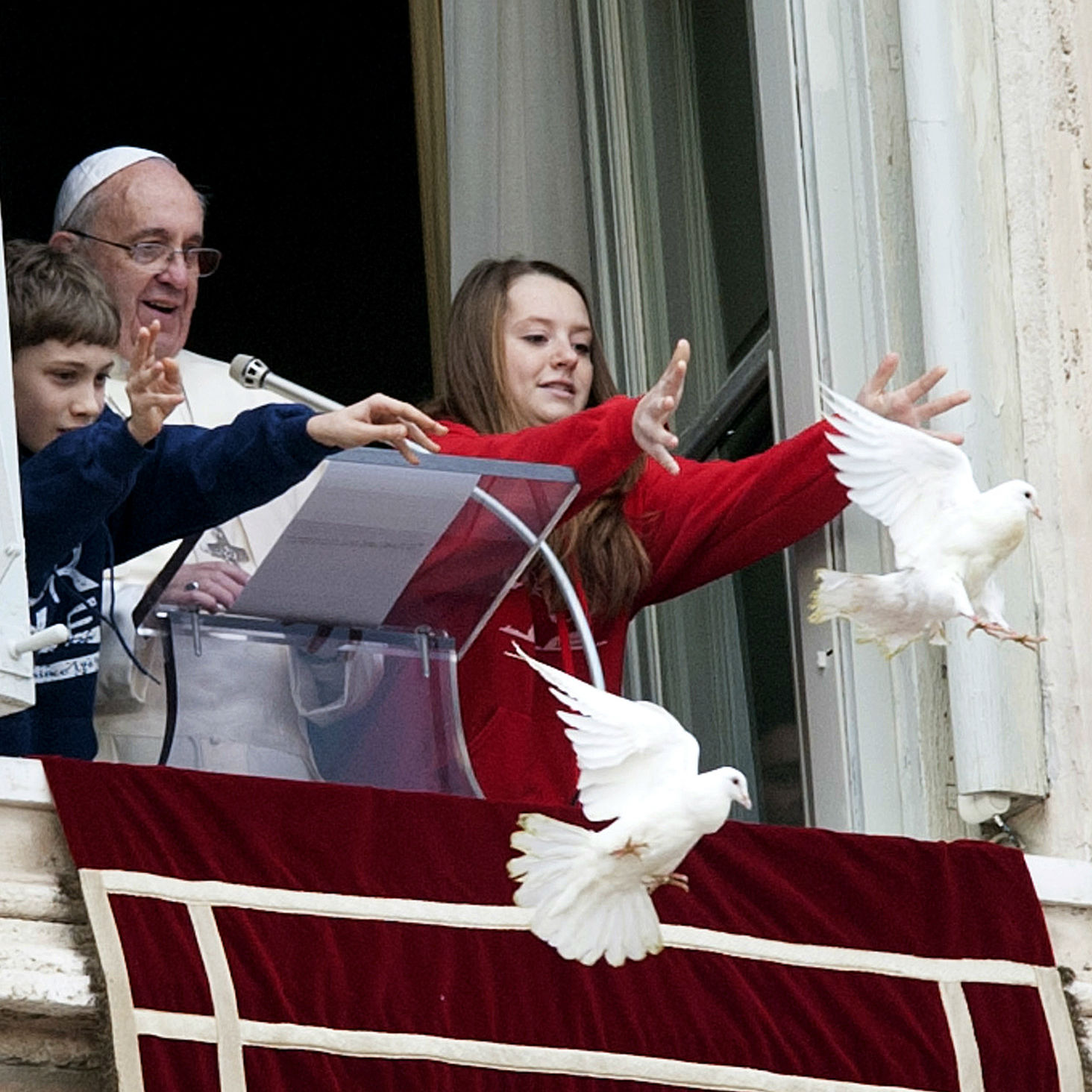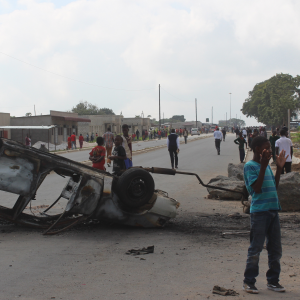Hundreds of Rwandan refugees have been forced to shelter in a Catholic church in the Zambian capital, Lusaka, following days of xenophobic violence that has left five people dead and tarnished the nation’s reputation as a safe haven for foreign workers and investment.
Violence broke out last week in an impoverished area of the capital after rumours were circulated on social media claiming Rwandan business owners were behind a recent spate of suspected ritual killings.
The homes of Zambia’s large community of Rwandan immigrants were attacked and their shops looted. The violence quickly spread to surrounding suburbs. Government officials have said that at least five people have been beaten and burned to death. Police are reported to have arrested 250 people on one day alone.
Over 1,000 Zambian troops have been deployed in the capital in an attempt to quell the violence. The violence is “un-Zambian” said Fr Cleophas Lungu, general secretary of the Zambia Episcopal Conference. “As a nation we are not associated with xenophobic tendencies, [we] are proud of providing hospitality to refugees,” he said.
The country’s 6,000 strong population of Rwandan immigrants worked hard and “were mostly law abiding,” said Fr Lungu. The attacks could be a reflection of growing frustration in Zambia at the high levels of youth unemployment and the rising cost of living. “We have enormous challenges of poverty, but instead of addressing the root causes of our problems, immigrants are being scapegoated,” he said.
Zambian President, Edgar Lungu, visited St Ignatius Church on 21 April and told the victims of the attacks that he took “full responsibility on behalf of the Zambian people”.
According to the Lusaka Times, he assured them of “full protection and security of your person and property”.
The church in Zambia intends to join with civil society groups and the government in “identifying the causes and strategically and comprehensively addressing the issue” of xenophobic violence, Fr Lungu has said. Analysts have said social tensions are the result of the crash in commodity prices filtering down into the streets.
Foreign investors, who flocked into Zambia at the height of the copper boom, are experiencing huge losses as copper prices plummet. Mining companies have been forced to cut thousands of jobs. The worst corn harvest in seven years, due to drought worsened by El Niño, has lead to soaring food prices.
“This week’s attacks on foreign nationals are more likely prompted by the fact they were easy targets and the victims of frustration and desperation,” said Gary van Staden, a Zambian analyst at NKC Africa Economics. “The fact that the violence occurred in generally poor and marginalised communities provides a clue as to the real underlying causes,” he added.
Authorities say the violence is motivated by reports that foreign business owners are conducting ritualised murders in order to harvest body parts for use as charms to support their struggling enterprises.
As many as 200,000 foreigners, including refugees from Rwanda, Angola, Burundi and Congo have, until this point, coexisted peacefully alongside Zambian nationals. Zambia last deployed such a large number of police in 2014, to quell riots shortly after the death of President Michael Sata.
The country is due to hold presidential elections this summer.
KEEP UP TO DATE ON TWITTER AND FACEBOOK...
Follow all the latest news and events from the Catholic world via The Tablet's Twitter feed @the_tablet
Or you can join in the debate at our community page on Facebook




 Loading ...
Loading ...